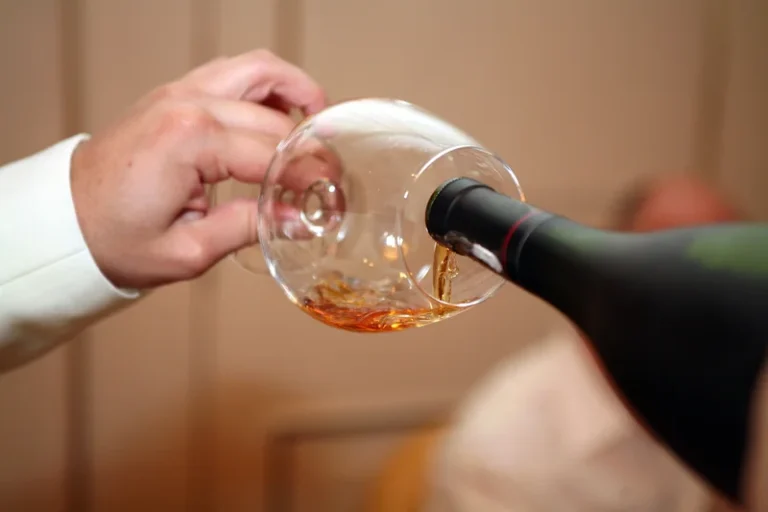
Many people notice an increase in physical energy and mental alertness after a 90-day break from alcohol. Without the lethargy that often accompanies drinking, you might feel more motivated to exercise, pursue hobbies, and stay productive taking a break from alcohol in your daily life. Increased energy and focus can lead to improved performance at work or in personal projects, making you feel more accomplished and engaged. In addition to weight loss, taking a break from alcohol can help lower your blood pressure. Alcohol raises blood pressure over time, increasing the risk of heart disease and other cardiovascular issues.
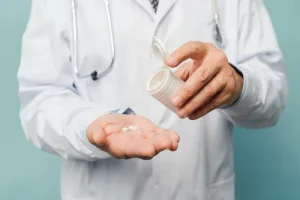
Reduce the risk of cancer
There are also links between alcohol and cardiovascular disease, diabetes, obesity, anxiety, depression, long-term cognitive impairment, infectious diseases, nerve damage, liver disease… the list goes on! The simple act of reducing your alcohol intake may be one of the kindest things you can do for your body in the long term. At Sequoia Behavioral Health, we understand how intimidating it can be to take the first steps toward sobriety. That’s why our mental health experts are here to guide you along your healing journey and teach you how to live a life that’s free from the constraints of alcohol. When someone drinks alcohol regularly or in large amounts, their mind and body will go through changes to adapt to its presence. Over time, this can lead to a dependence on alcohol where someone needs to consume alcohol to function normally.
Better sleep
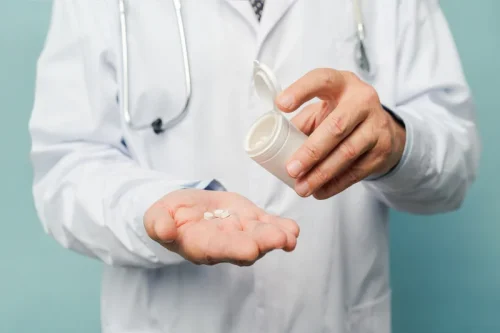
Although you may be struggling or dealing with some negative emotions too, focusing on what’s good will make you feel like this experience is worthwhile. Plus, the longer you take a break from alcohol, the more the positive feelings will start to outweigh the negative ones. Whether you are stopping for good, or just having some time off, it’s a good idea to be prepared for the changes you could see.
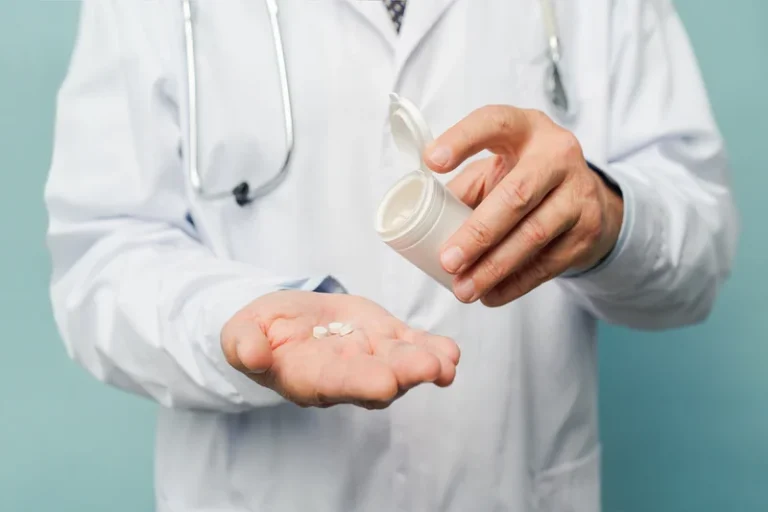
Weight loss
What many people don’t realize is that alcohol produces a toxic effect on the body. “The liver gets rid of acetaldehyde pretty fast, but it is toxic and it damages the liver over time,” White says. Over time, it’s a driver of inflammation — and in heavy drinkers — sets the stage for cirrhosis. If you drink in excess, cutting out alcohol for a period of time can help your liver, heart, and body composition.
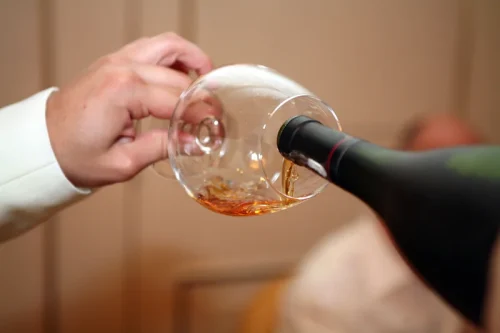
Can cutting out alcohol bring about health benefits?
- Withdrawal symptoms management during detox is the initial step, but without behavioral therapy and relapse prevention strategies, maintaining long-term sobriety becomes difficult.
- Josep Genebriera, M.D., a dermatologist at Advanced Dermatology and Cosmetic Surgery, points out that drinking causes both short-term flushing and long-term changes to your skin.
- The benefits of taking a break from alcohol can truly transform your daily experience, making sobriety a meaningful pursuit for anyone seeking a healthier lifestyle.
- Also, be aware that some craft or specialty beers contain far higher amounts of alcohol — up to 12% or 14% or even higher.
- In sum, reducing your alcohol intake presents a comprehensive path to improving your physical and mental health.
Studies show that even one drink reduces our REM cycles from six cycles a night to two and fragments sleep, leaving you exhausted after drinking and your brain undernourished. But sober sleep is a dream—it’s like being at the bottom of the ocean with the waves gently rolling you into deep slumber. In contrast, sleep after drinking is like battling the sea in a tiny rowboat during a hurricane. Alcohol does a number on sleep, and taking a break can really restore your patterns and quality, though be patient, it can take a few weeks.
- Many individuals in this stage rationalize alcohol use, minimize its impact, or attribute consequences to external factors rather than excessive drinking.
- In severe cases of withdrawal when symptoms are not treated, a person may experience generalized tonic-clonic seizures, delirium tremens, and even death.
- Not drinking every weekend and doing the same old unhealthy patterns?
- When your body breaks down alcohol, your liver has to clear the metabolic byproducts, Dr. Leavey says.
- Legal consequences often affect future opportunities such as employment, admittance to academic programs, or studying abroad.
Ready to try cutting back on alcohol? Start here
- Generally, while alcohol can have a sedative effect at first, helping you fall asleep, it typically results in poor quality of sleep.
- Why not try organising a game of beach volleyball, or a sushi-making night, or a home movie marathon.
- Reach out to us today by calling us or scheduling a conversation at a time that works for you.
- Now, if you’re worried that you are one of the 17 million U.S. adults who are alcohol dependent, and alcohol is causing you stress or harm, seek medical advice.
- “Even people who only drink on weekends can have serious accidents if they become intoxicated — for example, by falling or driving under the influence,” says Dr. Kelly.
- This can lead to improved skin and hair health, better digestion and enhanced cognitive function.
- If you’re worried that you may be using alcohol to mask your feelings, it’s important to work through any issues that are troubling you to help you start to feel better.
You might need to give your body time to adjust to falling asleep without alcohol. Once you do, you should find yourself more rested and full of energy. Late-night snacking after drinks and junk food binges when you’re hungover can also lead to weight gain. Use our drinks calculator to find out how your drinking affects your health, finances and weight. So many women who complete my 30-day challenges feel confident to extend their alcohol-free journey and set new health goals. Wake up instead feeling nourished and energetic and not tired and cranky?
Yet there’s a strong social aspect to drinking that’s hard to ignore, especially among younger people. One of the benefits of taking a break from alcohol is the extra time you’ll have that would otherwise be wasted nursing a hangover. Weekends suddenly become much more rich, expansive and enjoyable when you spend them feeling energised and vital.

The Tools You Need for Dry January
- This process is essential for stabilizing individuals and preparing them for further treatment.
- It’s like the past version of you had no love and respect for the future you.
- What’s more, growing evidence suggests that even small amounts of alcohol may harm your health.
- The timeline of alcohol withdrawal varies depending on the individual’s drinking history and physical health.
- We all have that friend who took a timeout from booze, and just swears they look better, feel better, and suddenly have the boundless energy of a baby gazelle.
There is a wide range of options — from residential “detox” programs to cognitive behavioral therapy, to medications such as naltrexone which can help people drink less, or acamprosate, which can help people stay dry. Even those who don’t experience severe alcohol withdrawal symptoms can still benefit from treatment. Alcohol withdrawal treatments like inpatient, outpatient, and residential Substance abuse treatment programs can give someone the support they need to quit alcohol and achieve long-term sobriety. Taking a break from drinking doesn’t have to mean giving up alcohol for months on end. For example, you can use an alcohol break to support your physical readiness.
